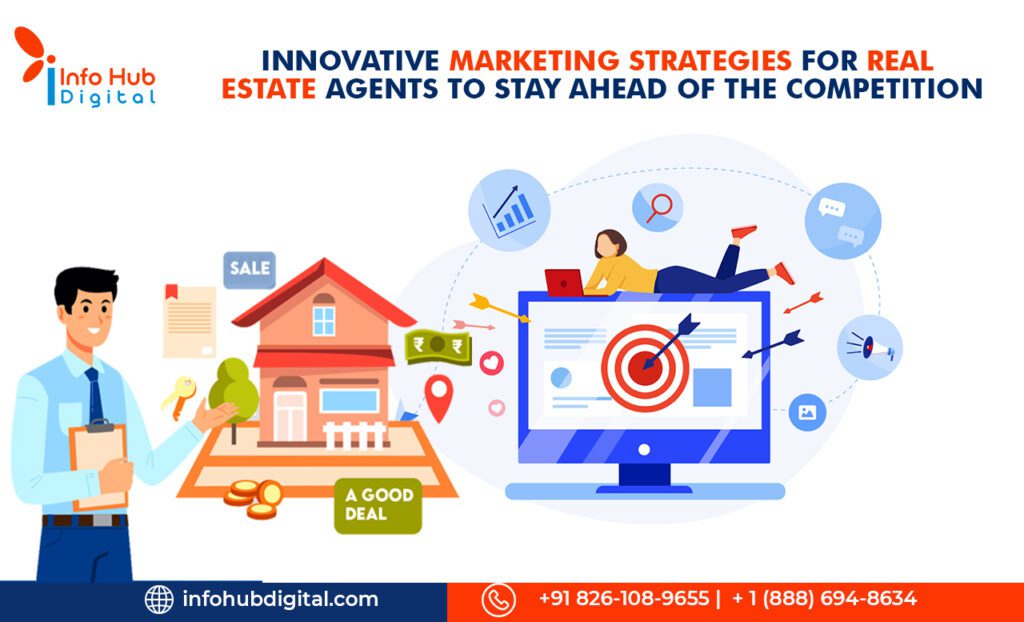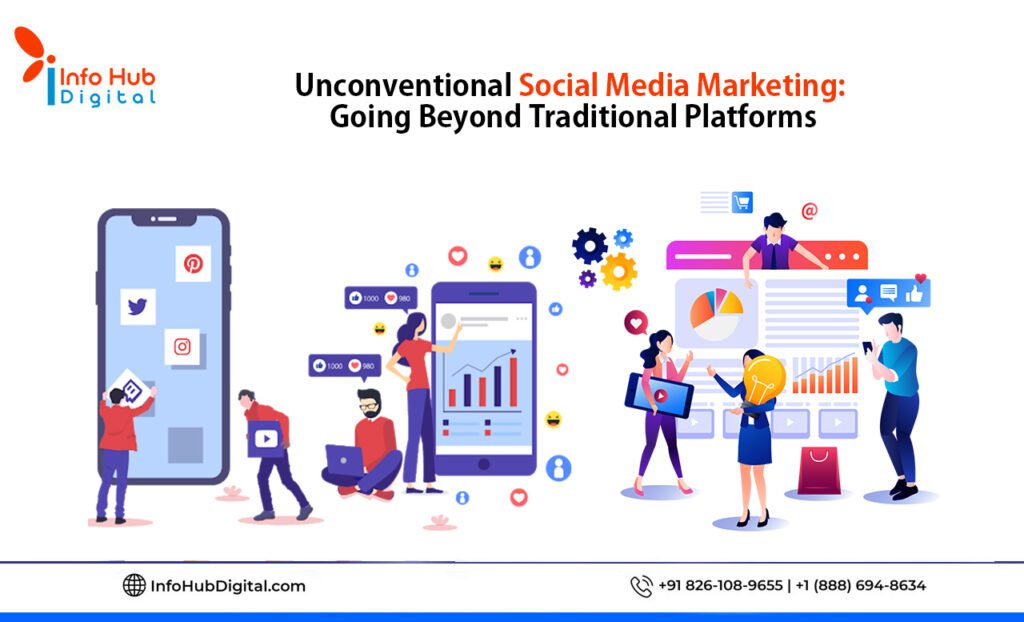In the fast-paced and competitive world of real estate, standing out from the crowd is essential for success. Real estate agents need to adopt innovative marketing strategies to attract clients, establish their brand, and gain a competitive edge.
In this article, we will explore ten effective marketing strategies that can help real estate agents stay ahead of the competition and thrive in their industry.
Table of Contents
I. Understanding the Target Audience:
To create impactful marketing campaigns, real estate agents must first understand their target audience. This involves identifying the ideal client profile and conducting thorough market research and competitor analysis. By understanding the needs, preferences, and pain points of their potential clients, agents can tailor their marketing messages and strategies accordingly.
II. Building a Strong Online Presence:
In today’s digital age, having a strong online presence is crucial for real estate agents. It starts with developing a professional website that offers user-friendly navigation and showcases property listings effectively. Optimizing the website for search engines (SEO) is essential to improve its visibility in search results and attract organic traffic.
III. Content Marketing for Real Estate Agents:
Content marketing plays a pivotal role in establishing credibility and engaging with potential clients. Real estate agents should create valuable and engaging content that addresses common questions, offers expert insights, and provides helpful resources. Blog posts, videos, and social media content are effective channels for sharing informative and engaging content that showcases an agent’s expertise.
IV. Harnessing the Power of Social Media:
Social media platforms are powerful tools for real estate agents to connect with their target audience and build brand awareness. It is important to choose the right social media platforms where potential clients are active and engage with them consistently. Effective social media marketing strategies involve creating compelling content, interacting with followers, and utilizing targeted advertising to reach the right audience.
V. Leveraging Virtual and Augmented Reality:
Virtual and augmented reality technologies have transformed the way properties are showcased. Real estate agents can leverage virtual property tours to provide immersive experiences to potential buyers, allowing them to explore properties from the comfort of their homes. Augmented reality can also be used to enhance property showings by overlaying additional information and virtual staging.
VI. Embracing Video Marketing:
Video marketing has gained tremendous popularity in recent years and is an effective way to capture the attention of potential buyers. Real estate agents can create property showcase videos that highlight the key features and unique selling points of a property. Additionally, utilizing live streaming and virtual open houses allows agents to engage with a wider audience and generate interest.
VII. Collaborating with Influencers and Partnerships:
Building relationships with local influencers and industry partners can significantly boost a real estate agent’s visibility and credibility. Partnering with influencers who have a strong presence in the local community can help agents expand their reach and attract new clients. Exploring joint ventures and strategic partnerships with complementary businesses can also open up new opportunities for marketing and lead generation.
VIII. Utilizing Data and Analytics:
Data and analytics provide valuable insights into the effectiveness of marketing campaigns. Real estate agents should track and analyze key marketing metrics such as website traffic, lead conversion rates, and social media engagement. By leveraging data-driven insights, agents can make informed decisions, optimize their marketing efforts, and allocate resources more effectively.
IX. Staying Updated with Technology and Trends:
The real estate industry is continuously evolving, with new technologies and trends emerging regularly. Real estate agents need to stay updated with the latest advancements and embrace technology to stay ahead of the competition. Automation tools, artificial intelligence, and virtual reality are just a few examples of technologies that can streamline processes, improve efficiency, and enhance the overall customer experience.
X. Conclusion:
In today’s competitive real estate market, innovative marketing strategies are vital for real estate agents to succeed. By understanding their target audience, building a strong online presence, embracing content marketing, leveraging social media, utilizing virtual and augmented reality, incorporating video marketing, collaborating with influencers and partners, utilizing data and analytics, and staying updated with technology and trends, agents can position themselves as industry leaders and attract more clients. To implement these strategies effectively, real estate agents can rely on Info Hub Digital, the leading digital marketing services provider for small businesses and the real estate industry. With a team of experts and a creative approach, Info Hub Digital can help real estate agents stay ahead of the competition and achieve their business goals. Stay ahead of the game and take your real estate business to new heights with Info Hub Digital.







